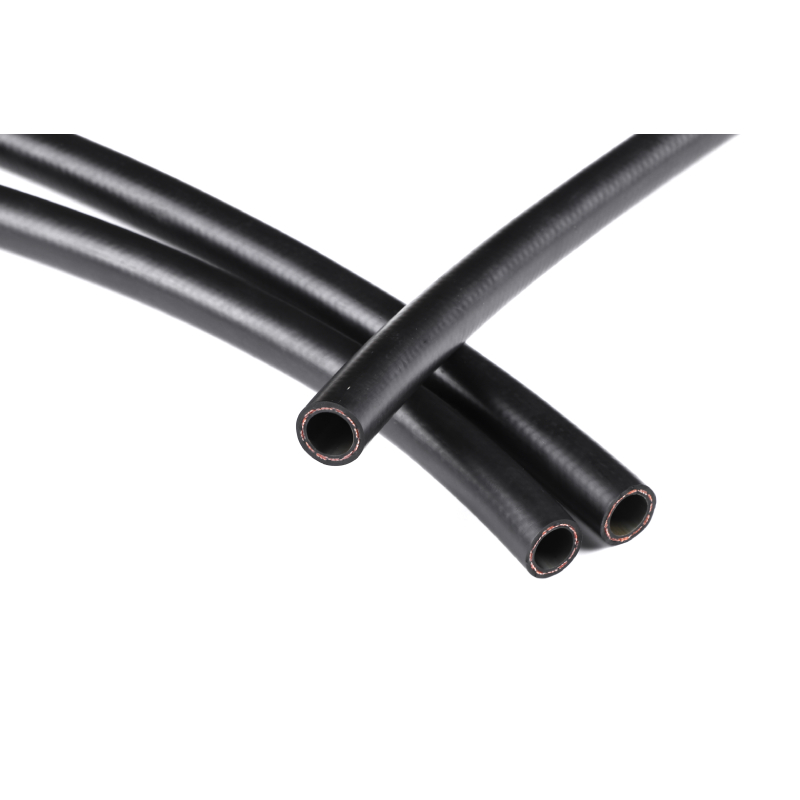Understanding SAE J2064 Standards for Automotive Refrigerant Hoses and Their Applications in Modern Vehicles
lip . 31, 2024 22:31 Back to list
Understanding SAE J2064 Standards for Automotive Refrigerant Hoses and Their Applications in Modern Vehicles
Understanding SAE J2064 Hose Standards and Applications
The SAE J2064 hose standard plays a crucial role in the automotive and industrial sectors, particularly in the realm of air conditioning and refrigerant systems. As the demand for reliable and efficient thermal management systems increases, understanding the specifications and applications of SAE J2064 hoses becomes essential for manufacturers, engineers, and technicians.
What is SAE J2064?
SAE J2064 is a standard established by the Society of Automotive Engineers (SAE) that outlines the requirements for rubber and thermoplastic hoses used in automotive air conditioning systems. The standard covers various performance characteristics, including pressure resistance, temperature tolerance, and compatibility with refrigerants. The latest updates to this standard have integrated considerations for new refrigerants, such as HFO-1234yf, which is part of the movement towards more environmentally friendly solutions.
Key Specifications
The SAE J2064 standard categorizes hoses based on their construction and intended use. There are different classes within J2064, primarily focusing on the temperature and pressure ratings. For example, Class A hoses are designed for high-pressure applications, while Class B hoses are typically used in lower pressure scenarios.
The hoses' temperature ratings can range from -40°F to 257°F (-40°C to 125°C), making them suited for diverse operating conditions. Furthermore, the hoses must demonstrate resistance to ozone, aging, and environmental factors to ensure longevity and reliability in various applications.
Material Composition
sae j2064 hose

Hoses adhering to the SAE J2064 standard can be made from a range of materials, including rubber and thermoplastic compounds. These materials are chosen for their flexibility, durability, and resistance to degradation when exposed to refrigerants. For instance, synthetic rubber compounds are prevalent due to their excellent resilience to temperature fluctuations and chemical interactions with refrigerants.
Applications in Automotive Systems
SAE J2064 hoses are integral to the functionality of automotive air conditioning systems. They serve as conduits for refrigerants, facilitating heat exchange processes essential for efficient cooling. The precision in the construction and specification of these hoses ensures that they can handle the pressures and temperatures typical in automotive environments, preventing leaks and system failures.
In addition to traditional automotive applications, these hoses are also used in various commercial vehicles and industrial cooling systems. As transportation technologies evolve, the need for high-performance cooling solutions increases, making the consistent application of the SAE J2064 standards more relevant than ever.
Environmental Considerations
With the shift towards more sustainable practices in automotive engineering, the SAE J2064 standard also addresses compatibility with newer, low-global warming potential refrigerants. This includes materials and designs that minimize the environmental impact of refrigerant leaks, a critical consideration in today’s regulatory landscape.
Conclusion
The SAE J2064 hose standard symbolizes the intersection of safety, performance, and environmental stewardship in the automotive industry. As vehicles become more advanced and the regulatory framework around refrigerants tightens, the specifications outlined in SAE J2064 will continue to guide manufacturers in producing reliable and efficient components for air conditioning systems. Understanding and adhering to these standards not only enhances the performance of automotive systems but also contributes positively to efforts aimed at reducing environmental impacts. In a rapidly evolving industry focused on innovation and sustainability, the importance of compliance with standards like SAE J2064 cannot be overstated.
